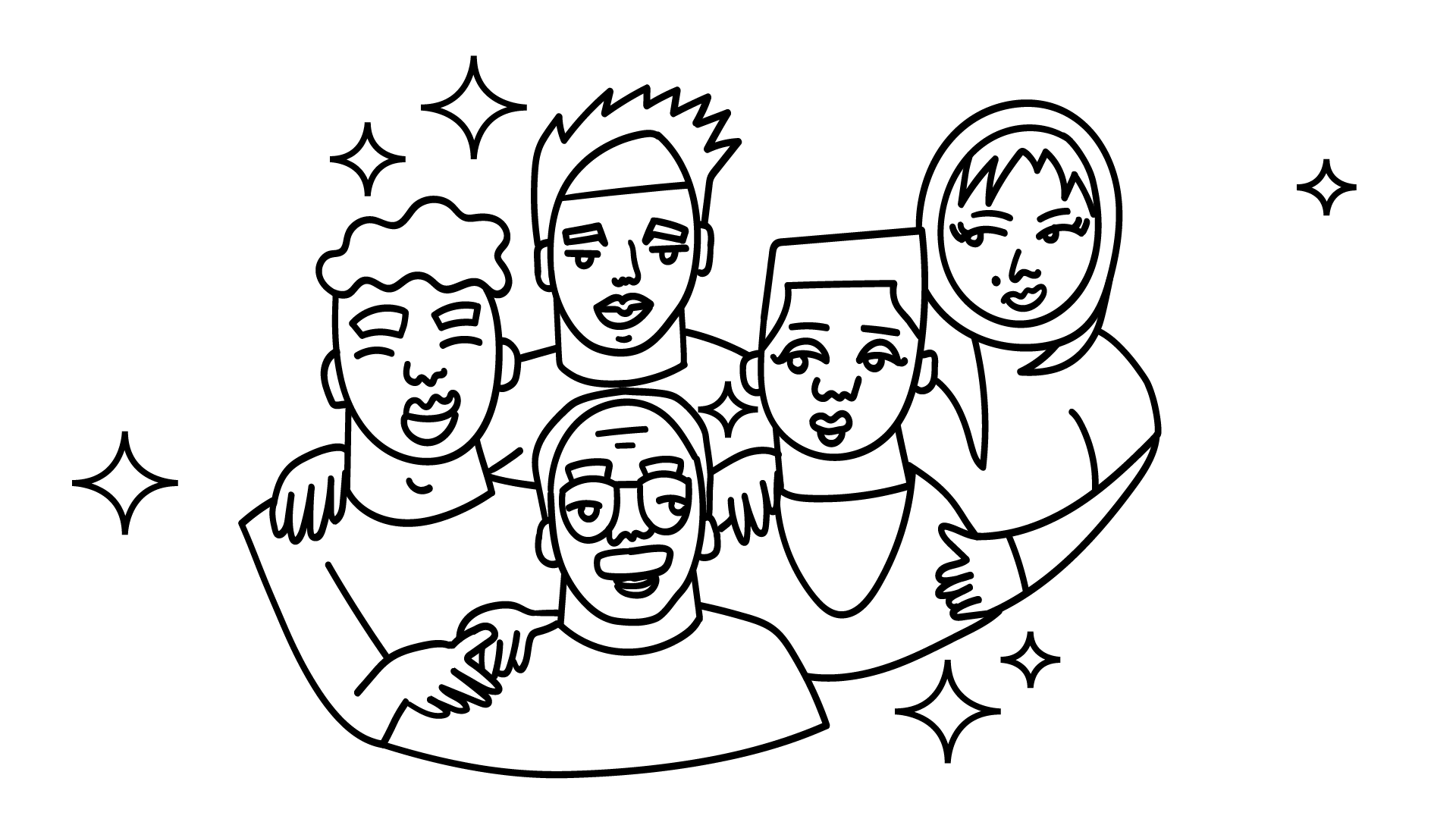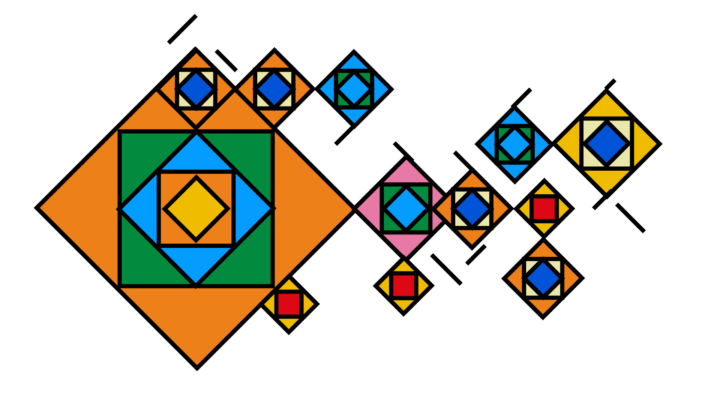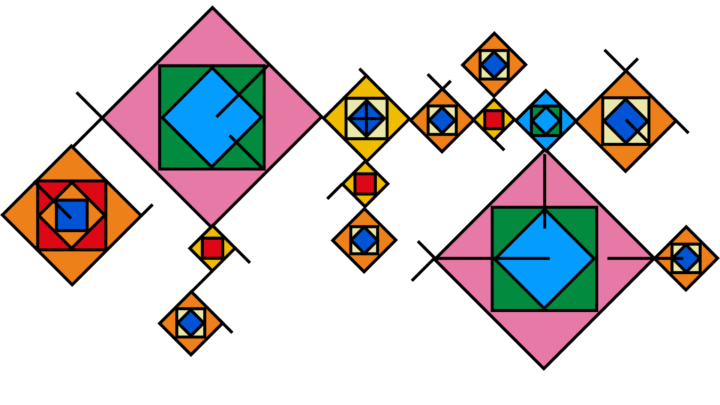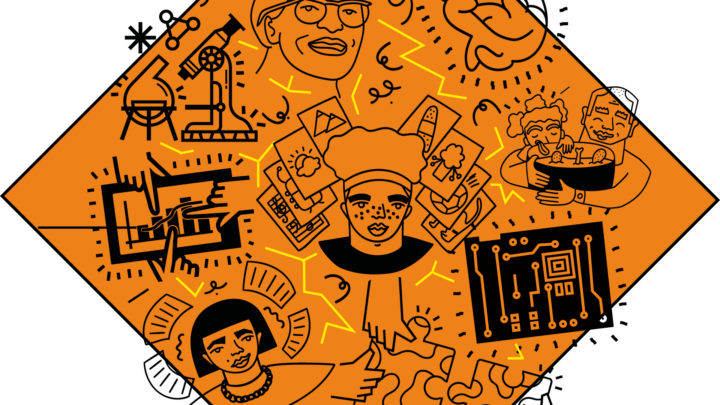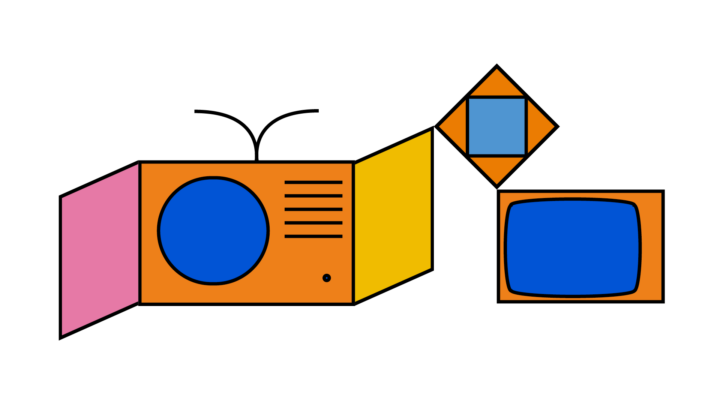Katarina Peranić is a founding board member of the German Foundation for Engagement and Volunteerism. The certified foundation manager (DSA) is particularly committed to sociodigital innovations in volunteering.
Time and again, a state-operated volunteer registry is brought into play to provide the best possible support for engagement on the Internet. Does that make sense?
Katarina Peranić: There are already numerous engagement exchanges and databases. Just looking online, there are around 350 very different available offers. In the meantime, digital engagement, i.e., voluntary engagement via the Internet, is also increasingly mapped in these resources. In my opinion, this diversity does more justice to volunteering in Germany than a central register could, which would then also involve a great deal of bureaucracy. When it comes to promoting the involvement of volunteers on the Internet, it is important to develop the existing approaches further in line with needs – so that the effort for associations is kept within limits and at the same time offers are also a good fit for what is needed.
How can we measure whether state support projects are useful?
By checking whether the assistance really gets to where it is needed. Of course, this always applies, regardless of the engagement format. But especially in the case of events that suddenly hit us – be it the lockdowns in the corona pandemic, a new flood disaster or sharply rising numbers of people fleeing – we see time and again that special needs for help arise. It is then important to quickly identify which services are already working well – and to support them in such a way that they can grow and become better known. Digital engagement is always in the spotlight here because the offers can be scaled quickly.
What is the required political framework for digital volunteering?
Politicymakers and public administration can certainly be strong partners when it comes to engagement and volunteering as a whole. As far as digital engagement is concerned, there has been a great leap forward, especially in recent years. Both in the recognition and appreciation of volunteering via the Internet and in the promotion of a dedicated design of the digital realm. The digital sphere has been included in more and more funding programs in recent years. As DSEE, we even have a funding program dedicated exclusively to this topic, 100xDigital. In addition, the Prototype Fund, which is mapped via the Open Knowledge Foundation, has existed for a while now, and more recently, the Sovereign Tech Fund was introduced at SPRIND. Freifunk has now also been added to the family of non-profit purposes. For me, such initiatives are among the frameworks that need to be created and publicized.

